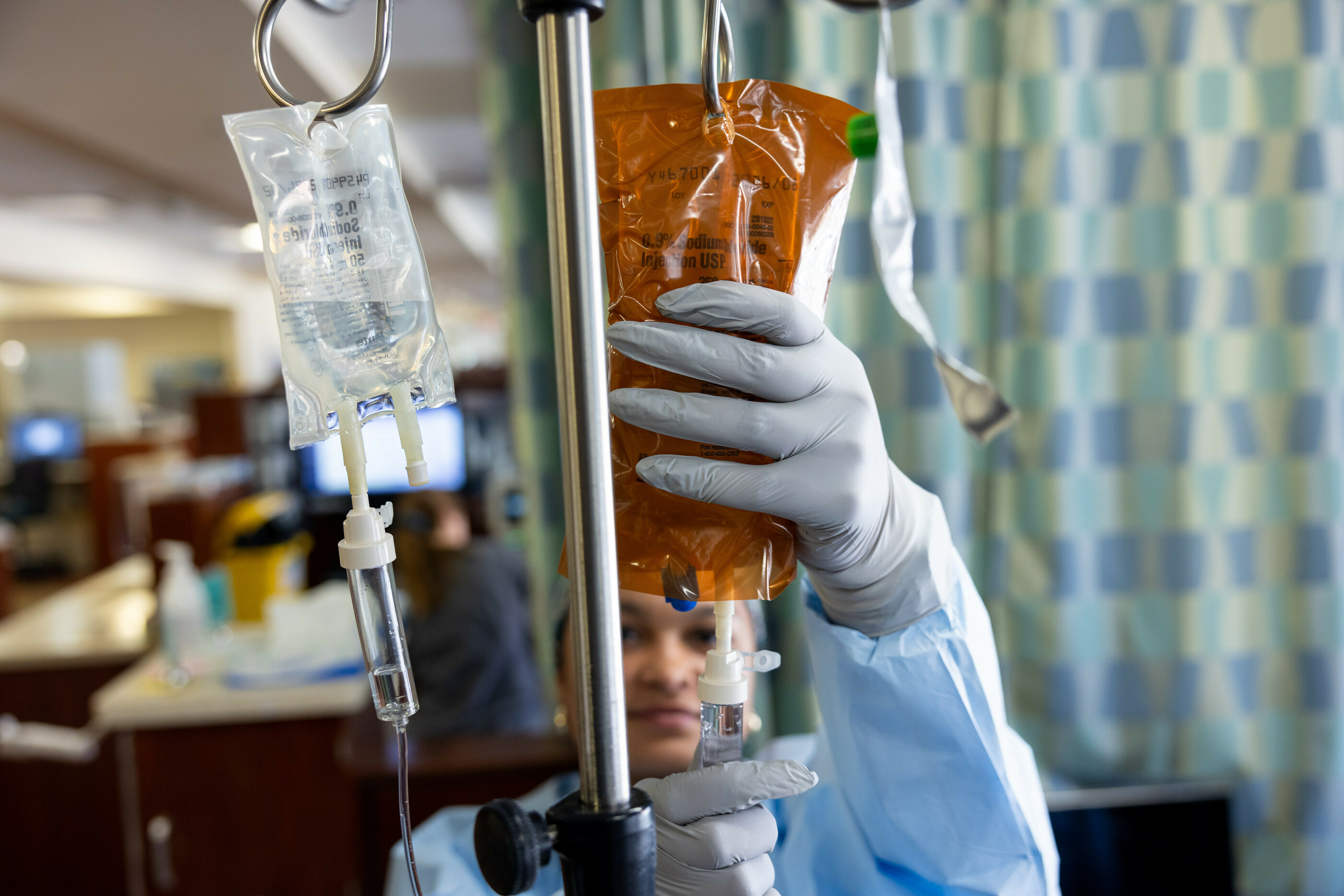
You may have heard about clinical trials for cancer. But what exactly are they?
Cancer clinical trials are research studies that test new treatments to see if they are safer and more effective than older treatments. These treatments may include new medicines, new ways to use existing medicines, or even new types of surgery or radiation.
Why are cancer clinical trials important?
Cancer clinical trials allow doctors and patients to work together to discover better ways to treat cancer. Without these studies, we wouldn’t have the medicines and treatments that doctors use today. Clinical trials give people with cancer a chance to try promising new treatments before they are widely available. They also help scientists learn more about cancers and how to fight them.
How do cancer clinical trials work?
Clinical trials happen in phases. Each phase helps researchers answer different questions:
- Phase 1 tests if a new treatment is safe and what dose should be used.
- Phase 2 looks at how well the treatment works against cancer.
- Phase 3 compares the new treatment to the standard treatment to see which is better.
- Phase 4 studies treatments that have already been approved to learn more about their long-term effects.
Who can join a cancer clinical trial?
Ask your provider if there is a clinical trial option. Not every patient can join a clinical trial. Doctors look for people who meet certain requirements, like the type and stage of cancer, the patient’s age, and their overall health. If you qualify, your provider will share information about the trial. If you choose to participate you will work closely with doctors and researchers throughout the study.
Here’s what you can expect if you join a clinical trial:
- You will learn all the details of the study before deciding if you want to participate.
- You will have regular check-ups and tests to see how the treatment is working.
- You can leave the study at any time if you change your mind.
"Clinical trials offer patients access to treatments that may not yet be available to the public. They help us refine and improve cancer care for the future."
-Mark Burkard, MD, PhD, Director of UI Health Care Holden Comprehensive Cancer Center
Interested in joining a cancer clinical trial?
Find out if you qualify to take part in the future of cancer treatment.
Are cancer clinical trials safe?
Clinical trials follow strict rules to keep patients as safe as possible. Scientists spend years studying new treatments in labs before testing them on people. A group called an Institutional Review Board (IRB) checks every study to make sure it is ethical and safe. Additionally, a group of scientists reviews the trial to ensure it is based on sound scientific evidence.
Even with these safety measures, clinical trials have risks. Since the treatment is new, there may be side effects that doctors don’t fully understand yet. However, patients in clinical trials receive close medical attention, and their health is carefully monitored.
"Patient safety is our top priority in clinical trials. Every study undergoes rigorous review, and participants are closely monitored to ensure the highest standards of care."
—Mark Burkard, MD, PhD, Director of UI Health Care Holden Comprehensive Cancer Center
How do clinical trials help the future of cancer treatment?
Every cancer treatment available today exists because of past clinical trials. These studies have led to life-saving treatments, improved survival rates, and a better understanding of how to fight cancer. By joining a trial, you help doctors and researchers find even better ways to treat cancer in the future.
If you or a loved one is considering a cancer clinical trial, talk to your doctor to see if it might be the right choice for you. Clinical trials offer hope—for today and generations to come.
